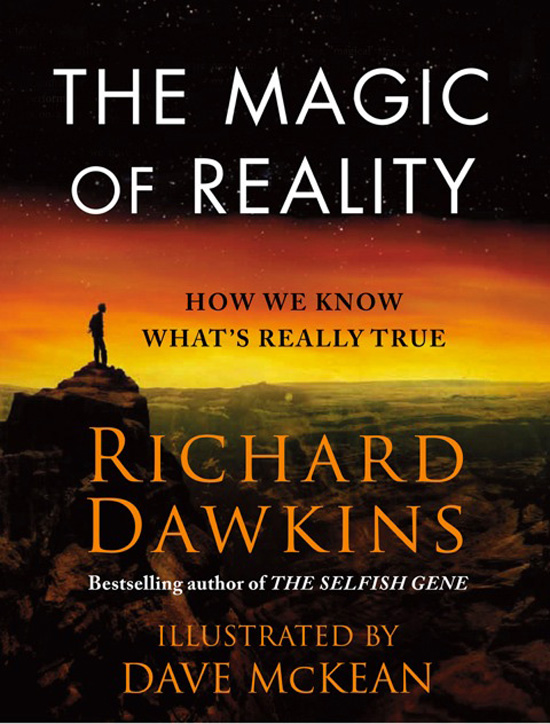
Richard Dawkins And Penn Jillette’s New Books Make Science Exciting And Give Atheism A Humor Upgrade0
Posted In Activism,Blog,Books,Entertainment,Politics
by Damon Martin
Finding humor and easy to understand facts as an atheist isn’t always an easy thing to do.
Being an atheist myself, I’m always searching out new ways to help people understand science, as well as why I reject faith and religion as a whole. Sometimes it involves long conversations over several hours, other times it’s watching a film like Bill Maher’s Religulous.
More often than not however it’s the suggestion for that friend, co-worker or acquaintance to read a book that I’ve devoured in the hopes that they will find something interesting or intriguing to capture their attention within it. Normally, I tell them to read the Bible cover to cover and they are almost assured to become an atheist, but that’s a conversation for another day.
Two such books have been released recently. One will make you laugh, but also question things like faith and religion. The other is a fantastic exploration of science triumphing over myth that could be used as a text book for any middle school.

Penn Jillette, the talking half of the famous magician duo Penn and Teller, released a book in late summer titled God No!: Signs You May Already Be an Atheist and Other Magical Tales in which he presents his version of the ten atheist commandments.
The book was actually inspired by noted conservative and Mormon Glenn Beck who suggested while interviewing Penn once that atheists should have their own commandments to live by, much like those in the Bible that Christians claim to follow on a daily basis.
Penn explores his commandments with a slew of personal stories and encounters, while going right for the jugular with subjects like atheists vs. agnostics (the chapter is entitled “Agnostics: No One Can Know For Sure But I Believe They’re Full of Shit”).
His stories are told in a way that will definitely keep you laughing, but much like his atheist brethren Ricky Gervais, when Penn gets serious and wants to make a point, his writing is crisp, striking and well thought out.
God No! is a great introduction for anybody wanting to learn more about morality in the atheist world, while also finding humor in everyday situations that many atheists will encounter or in Penn’s case have encountered.

While Penn’s book is more of a straight forward slap in the face with reality about being an atheist, famed biologist and atheist Richard Dawkins‘ new book The Magic of Reality: How We Know What’s Really True is a spellbinding narrative of the wondrous world of science and how it compares to the myths that seemingly capture our attention as youths.
The book is aimed at children ages 12 and up, and really could be a science manual for kids who are intrigued by science and how things work.
Dawkins along with illustrator Dave McKean weave a beautiful scientific picture of the world while explaining things like where a rainbow comes from, why there are so many different animals, and who the first man was. The questions and myths are laid out and Dawkins sets out to not only disprove them, but explain how science works to give answers that are just as mystifying and amazing.
Dawkins takes the myths and tales that we all learned as children and debunks them in a way that not only makes sense, but makes things fit together like a puzzle.
Throughout the book, Dawkins even admits there are some things he doesn’t know the answer to, but unlike myths and religion, he admits to it and doesn’t try to come up with a story to fill in the gaps in his knowledge.
The Magic of Reality is a book that can be taught to children, but many adults will find just as enthralling. There is also an iPad version of the book (which I purchased), which is a fantastic way to read the text and watch the illustrations come to life.
With either book, God No! by Penn Jillette or The Magic of Reality by Richard Dawkins, science and atheism are explored, examined and explained in some form or fashion. Both books are well-written, well thought out and a great addition to a library.
Even if you’re not an atheist, everyone can learn something from Dawkins and Penn.

